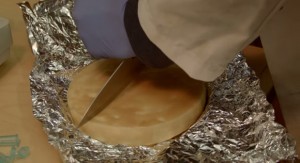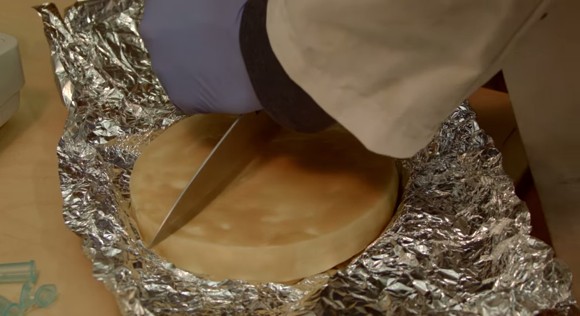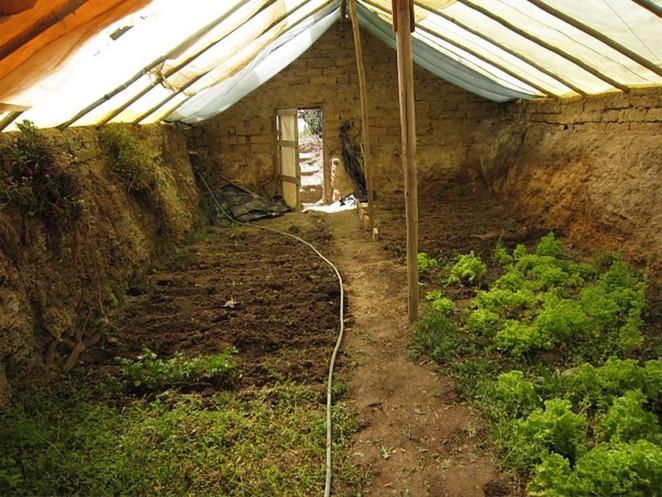
Real Vegan Cheese is a not a cheese substitute! It all starts with regular old baker's yeast. Through synthetic biology, we engineer our yeast to become milk-protein factories. Our milk proteins are then combined with water and vegan oil to make Vegan Milk which is ultimately converted into Real Vegan Cheese through standard cheese-making processes – just like cheese made from cow or goat milk!
A San Francisco based, synthetic biohacker group has made hundreds of headlines for creating cheese without the use of cows. Young biohackerspace people from BioCurious and CounterCultureLabs make up the group.
They beat out 243 other groups to take first place at this year's iGEM “jamboree” competition. iGEM stands for international genetically engineered machine. The winner's group fundraiser brought nearly $40,000 from donors – over double the amount they needed. They claim to have approval from many vegans, without the anticipated anti-GMO backlash.
Interestingly, they have dubbed the product ‘Real Vegan Cheese' because they claim that other vegan cheese-like foods are merely substitutes.
Genetically engineered bakers yeast is inserted with DNA strands, some of them human – to cut down on allergies they said – to make the yeast into a “milk” protein creating factory. But no actual mammal DNA is used. The yeast stays behind for the end product. They …
Plus the purified proteins will be identical to those found in regular cheese, and will not contain any GMO!
The New Yorker explains what synthetic biohackers are about and how they differentiate themselves from other genetic engineers:
At the core of the Jamboree was a discipline called synthetic biology. Whereas developers of genetically modified organisms—herbicide-resistant soybeans, carotene-enriched rice, faster-growing salmon—tweak a plant or an animal’s DNA with genes borrowed from elsewhere in nature, synthetic biologists assemble new gene sequences from scratch. The science has attracted a good deal less press than G.M.O.s, but it has already moved beyond the lab. [emphasis added]
The group says they are independent, open source, non-profit and base their actions off of a love for the environment. They disarm public scrutiny by inviting questions, even critical ones, and attempting to foster transparency. They claim they don't want to change the conversation on synthetic biology, but rather take an inviting approach and quell fears of safety aimed at their project. The invitation for people to get involved is offered to replace the question of should scientists and companies be allowed to do “X”? In other words, the acceptance of synthetic biology will happen as a result of public participation and engagement.
This is not the first project to create a food, or a sort-of human-based food under the auspices of “sustainability.” There are Bill Gates' vegan, plant-based eggs. Genetically engineered cows that produce human breast milk (I guess cows are still useful for something). Test tube meat. Do you see a pattern? For starters, it's the idea that the naturally-born counterparts are inherently “bad” and that we should get used to a world without them.
While they claim it's not an actual GMO with no DNA or GE ingredients remaining, some people find it unsettling to eat human protein-derived food products. Comparisons to the “zombie” craze and Soylent Green are surfacing. The zombie trend has prompted restaurants to try for burgers made to taste and feel like human flesh – sort of the inverse of using the actual human DNA blueprint to create cheese. We also do a lot of “recycling” of ourselves already. For instance, the use of our own sewage to fertilize crops. The practice has been called “biosolids” since the 1990s to make the idea more – ahem – palatable to the public.
Whether it’s milk, meat, or leather, livestock production requires an estimated 30% of the world’s ice-free land and produces more greenhouse gas than global transportation. Some 67 billion animals are annually slaughtered for meat. And conditions on factory farms aren’t particularly animal-friendly.
It may not happen right away, but other than time, investment, and ingenuity, there’s little preventing synthetic biology from enabling the manufacturing of animal products indistinguishable from the real thing—even products that improve on the real thing—without ever involving a single animal.
Please Read this Article at NaturalBlaze.com





Leave a Reply